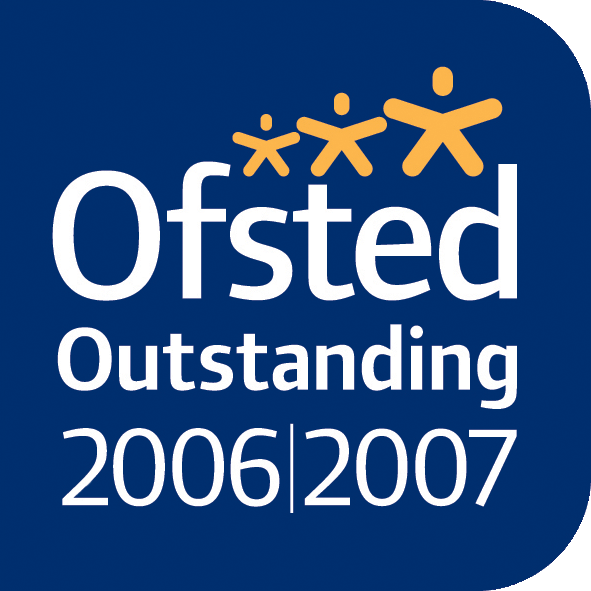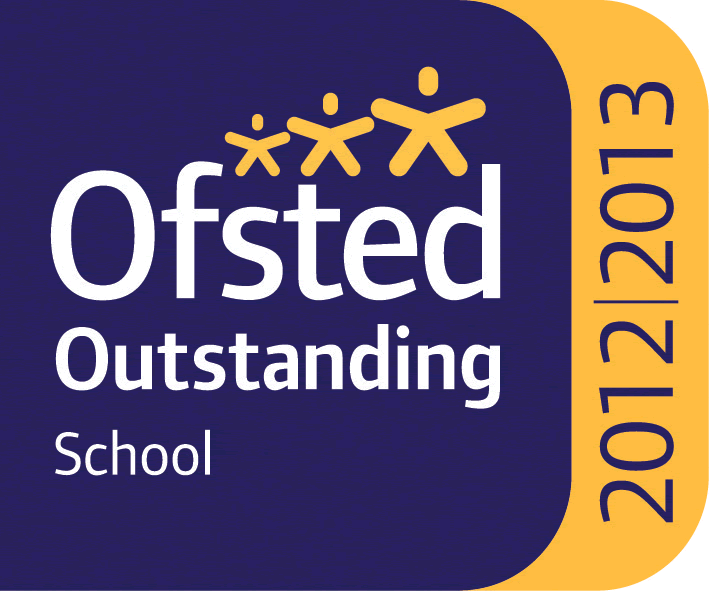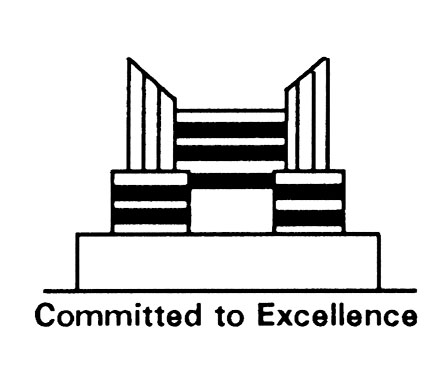Key Stage 3 - English
The overarching aim for English at Key Stage 3 is to promote high standards of language and literacy by equipping pupils with a strong command of the spoken and written word, and to develop their love of literature through widespread reading for enjoyment. We aim to ensure that all pupils:
- Read easily, fluently and with good understanding
- Develop the habit of reading widely and often, for both pleasure and information
- Acquire a wide vocabulary, an understanding of grammar and knowledge of linguistic conventions for reading, writing and spoken language
- Appreciate our rich and varied literary heritage
- Write clearly, accurately and coherently, adapting their language and style in and for a range of contexts, purposes and audiences
- Use discussion in order to learn; they should be able to elaborate and explain clearly their understanding and ideas
- Are competent in the arts of speaking and listening, making formal presentations, demonstrating to others and participating in debate.
There are 4 skill areas developed in English
Reading
Pupils are taught to:
- Develop an appreciation and love of reading, and read increasingly challenging material independently through:
- Reading a wide range f fiction and non-fiction, including in particular whole books, short stories, poems and plays with a wide coverage of genres, historical periods, forms and authors. The range will include high-quality works from:
- English literature, both pre-1914 and contemporary, including prose, poetry and drama
- Shakespeare
- seminal world literature
- Chosing and reading books independently for challenge, interest and enjoyment.
- Re-reading boks encountered earlier to increase familiarity with them and provide a basis for making comparisons.
- Reading a wide range f fiction and non-fiction, including in particular whole books, short stories, poems and plays with a wide coverage of genres, historical periods, forms and authors. The range will include high-quality works from:
- Understand increasingly challenging texts through:
- Learning new vcabulary, relating it explicitly to known vocabulary and understanding it with the help of context and dictionaries
- Making inferences and referring t evidence in the text
- Knwing the purpose, audience for and context of the writing and drawing on this knowledge to support comprehension
- Checking their understanding t make sure that what they have read makes sense.
- Read critically through:
- Knwing how language, including figurative language, vocabulary choice, grammar, text structure and organisational features, presents meaning
- Recgnising a range of poetic conventions and understanding how these have been used
- Studying setting, plt, and characterisation, and the effects of these
- Understanding hw the work of dramatists is communicated effectively through performance and how alternative staging allows for different interpretations of a play
- Making critical cmparisons across texts
- Studying a range f authors, including at least two authors in depth each year.
Writing
Pupils are taught to:
- Write accurately, fluently, effectively and at length for pleasure and information through:
- Writing fr a wide range of purposes and audiences, including:
- Well-structured formal expository and narrative essays
- Stories, scripts, poetry and other imaginative writing
- Notes and polished scripts for talks and presentations
- A range of other narrative and non-narrative texts, including arguments, and personal and formal letters
- Summarising and rganising material, and supporting ideas and arguments with any necessary factual detail
- Applying their grwing knowledge of vocabulary, grammar and text structure to their writing and selecting the appropriate form
- Drawing n knowledge of literary and rhetorical devices from their reading and listening to enhance the impact of their writing
- Writing fr a wide range of purposes and audiences, including:
- Plan, draft, edit and proof-read through:
- Cnsidering how their writing reflects the audiences and purposes for which it was intended
- Amending the vcabulary, grammar and structure of their writing to improve its coherence and overall effectiveness
- Paying attentin to accurate grammar, punctuation and spelling.
Grammar and Vocabulary
Pupils are taught to:
- Consolidate and build on their knowledge of grammar and vocabulary through:
- Extending and applying their grammatical knwledge to analyse more challenging texts
- Studying the effectiveness and impact f the grammatical features of the texts they read
- Drawing n new vocabulary and grammatical constructions from their reading and listening, and using these consciously in their writing and speech to achieve particular effects
- Knwing and understanding the differences between spoken and written language, including differences associated with formal and informal registers, and between Standard English and other varieties of English
- Using Standard English cnfidently in their own writing and speech
- Discussing reading, writing and spken language with precise and confident use of linguistic and literary terminology.
Spoken English
Pupils are taught to:
- Speak confidently and effectively, including through:
- Using Standard English cnfidently in a range of formal and informal contexts, including classroom discussion
- Giving shrt speeches and presentations, expressing their own ideas and keeping to the point
- Participating in frmal debates and structured discussions, summarising and/or building on what has been said
- Imprvising, rehearsing and performing play scripts and poetry in order to generate language and discuss language use and meaning, using role, intonation, tone, volume, mood, silence, stillness and action to add impact.




